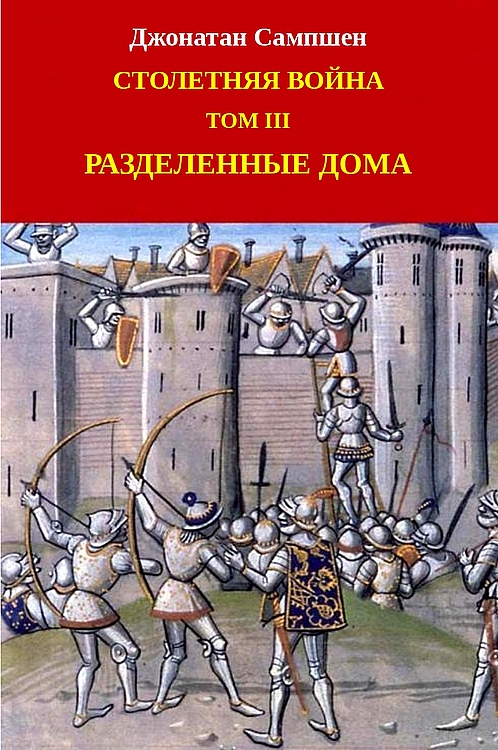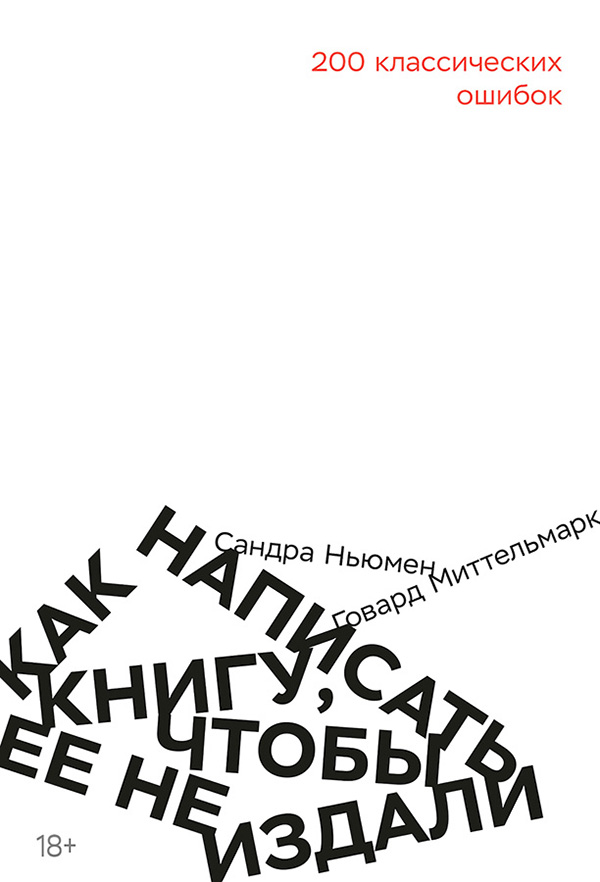Книга Супермухи. Удивительные истории из жизни самых успешных в мире насекомых - Джонатан Бэлкомб
На нашем литературном портале можно бесплатно читать книгу Супермухи. Удивительные истории из жизни самых успешных в мире насекомых - Джонатан Бэлкомб полная версия. Жанр: Книги / Разная литература. Онлайн библиотека дает возможность прочитать весь текст произведения на мобильном телефоне или десктопе даже без регистрации и СМС подтверждения на нашем сайте онлайн книг knizki.com.
Шрифт:
-
+
Интервал:
-
+
Закладка:
Сделать
Перейти на страницу:
Перейти на страницу:
Внимание!
Сайт сохраняет куки вашего браузера. Вы сможете в любой момент сделать закладку и продолжить прочтение книги «Супермухи. Удивительные истории из жизни самых успешных в мире насекомых - Джонатан Бэлкомб», после закрытия браузера.
Книги схожие с книгой «Супермухи. Удивительные истории из жизни самых успешных в мире насекомых - Джонатан Бэлкомб» от автора - Джонатан Бэлкомб:
Комментарии и отзывы (0) к книге "Супермухи. Удивительные истории из жизни самых успешных в мире насекомых - Джонатан Бэлкомб"
























